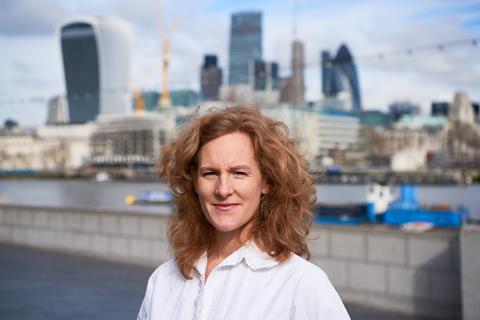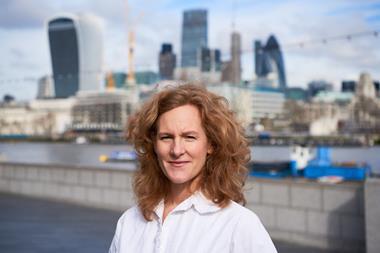Several institutional investors in the UK have filed a shareholder resolution at Next, M&S and JD Sports, calling for all three major retailers to address the issue of ‘poverty wages’ in their workforces.
The resolution, filed by three investor groups including seven institutional investors managing over £1trn (€1.2trn) in assets, calls for more transparency from retailers on their staff who are being paid below a real living wage based on the true cost of living.
AXA Investment Managers, Scottish Widows, Trust for London, the Greater Manchester Pension Fund and Cardano Group are co-filing the resolution at Next. The resolution at M&S is being backed by Scottish Widows and Friends Provident Foundation, who are also supporting the resolution at JD Sports with Cardano Group.
NGO ShareAction supported the filing, along with more than 100 individual shareholders.
The investor resolution also stated that the three companies “offer their senior executives significant pay packages, with the CEO of Next earning 226 times the pay of its average worker. While the CEOs of M&S and JD Sports earn 200 and 88 times their average worker, respectively.”

Catherine Howarth, chief executive officer of ShareAction, said: “The UK’s biggest retailers are failing to support their workers with a real living wage, leaving hundreds of thousands of people in the sector struggling to make ends meet.”
She added: “Companies whose workforce earn less than a real living wage are ultimately harming the vitality and growth of the UK economy, with business models that put pressure on workers, their families and the state by adding to health and welfare costs.”
Howarth noted that the long-term-oriented, responsible investors backing these resolutions are calling on companies across the retail sector, including Next, M&S and JD Sports, for the information required to assess the business risks of low pay and the affordability and business benefits of the real living wage.
“This is a critical first step to better protect their staff and make our economy fairer and healthier,” she added.
According to the Living Wage Foundation, almost a quarter of UK retail workers, 818,000 people, are not being paid a real living wage.
Charlie Crossley, investment engagement manager at Friends Provident Foundation, said: “Ensuring better pay for low-wage workers, including in retail, addresses the deep inequality in our society and helps build a fair economy.
“It would also advance workplace equality – key to maintaining social cohesion and long-term economic stability.”
Many of the investors backing the resolutions are part of ShareAction’s Good Work investor group representing £5.57trn in assets under management, which attended the annual general meetings (AGMs) of the UK’s biggest retailers last year to make the case for these businesses to end poverty pay.
The resolutions will go to a vote at the companies’ AGMs, taking place in mid-May for Next and later in the summer for M&S and JD Sports.
Nature-positive retail engagement
Elsewhere, the Finance for Biodiversity (FfB) Foundation has launched the FABRIC initiative, which aims to promote nature-positive actions within the textiles and apparel sector. This initiative has engaged 16 companies known for their significant environmental impact, including Adidas, H&M, Nike, and LVMH.
The initiative is being led by 16 investor members, including Robeco, Ofi Invest AM, and Sycomore Asset Management.
The initiative has been backed by research from the non-profit think tank Planet Tracker, aiming to encourage these companies to reassess their operations in light of their dependencies on nature.
The latest digital edition of IPE’s magazine is now available























